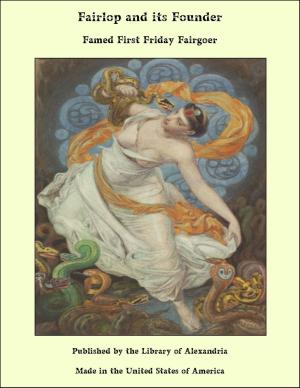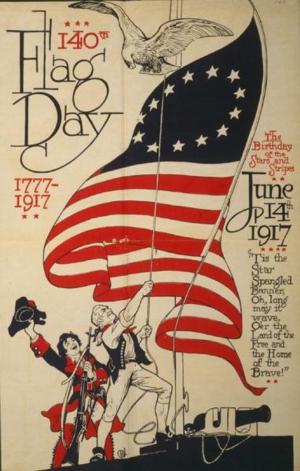| Author: | Sir Pelham Grenville Wodehouse | ISBN: | 9781465540324 |
| Publisher: | Library of Alexandria | Publication: | March 8, 2015 |
| Imprint: | Language: | English |
| Author: | Sir Pelham Grenville Wodehouse |
| ISBN: | 9781465540324 |
| Publisher: | Library of Alexandria |
| Publication: | March 8, 2015 |
| Imprint: | |
| Language: | English |
It was a May morning in 1825—spring-time of the year, late spring-time of the century. It had rained the night before, and a warm pallor in the eastern sky was the only indication that the sun was trying to pierce the gray dome of nearly opaque watery fog, lying low upon that part of the world now known as the city of Toronto, then the town of Little York. This cluster of five or six hundred houses had taken up a determined position at the edge of a forest then gloomily forbidding in its aspect, interminable in extent, inexorable in its resistance to the shy or to the sturdy approaches of the settler. Man versus nature—the successive assaults of perishing humanity upon the almost impregnable fortresses of the eternal forests—this was the struggle of Canadian civilization, and its hard-won triumphs were bodied forth in the scattered roofs of these cheap habitations. Seen now through soft gradations of vapoury gloom, they took on a poetic significance, as tenderly intangible as the romantic halo which the mist of years loves to weave about the heads of departed pioneers, who, for the most part, lived out their lives in plain, grim style, without any thought of posing as "conquering heroes" in the eyes of succeeding generations. From the portico of one of these dwellings, under a wind-swayed sign which advertised it to be a place of rest and refreshment, stepped a man of more than middle age, whose nervous gait and anxious face betokened a mind ill at ease. He had the look and air of a highly respectable old servitor,—one who had followed the family to whom he was bound by ties of life-long service to a country of which he strongly disapproved, not because it offered a poor field for his own advancement, but because, to his mind, its crude society and narrow opportunities ill became the distinction of the Old World family to whose fortunes he was devoted.
It was a May morning in 1825—spring-time of the year, late spring-time of the century. It had rained the night before, and a warm pallor in the eastern sky was the only indication that the sun was trying to pierce the gray dome of nearly opaque watery fog, lying low upon that part of the world now known as the city of Toronto, then the town of Little York. This cluster of five or six hundred houses had taken up a determined position at the edge of a forest then gloomily forbidding in its aspect, interminable in extent, inexorable in its resistance to the shy or to the sturdy approaches of the settler. Man versus nature—the successive assaults of perishing humanity upon the almost impregnable fortresses of the eternal forests—this was the struggle of Canadian civilization, and its hard-won triumphs were bodied forth in the scattered roofs of these cheap habitations. Seen now through soft gradations of vapoury gloom, they took on a poetic significance, as tenderly intangible as the romantic halo which the mist of years loves to weave about the heads of departed pioneers, who, for the most part, lived out their lives in plain, grim style, without any thought of posing as "conquering heroes" in the eyes of succeeding generations. From the portico of one of these dwellings, under a wind-swayed sign which advertised it to be a place of rest and refreshment, stepped a man of more than middle age, whose nervous gait and anxious face betokened a mind ill at ease. He had the look and air of a highly respectable old servitor,—one who had followed the family to whom he was bound by ties of life-long service to a country of which he strongly disapproved, not because it offered a poor field for his own advancement, but because, to his mind, its crude society and narrow opportunities ill became the distinction of the Old World family to whose fortunes he was devoted.















